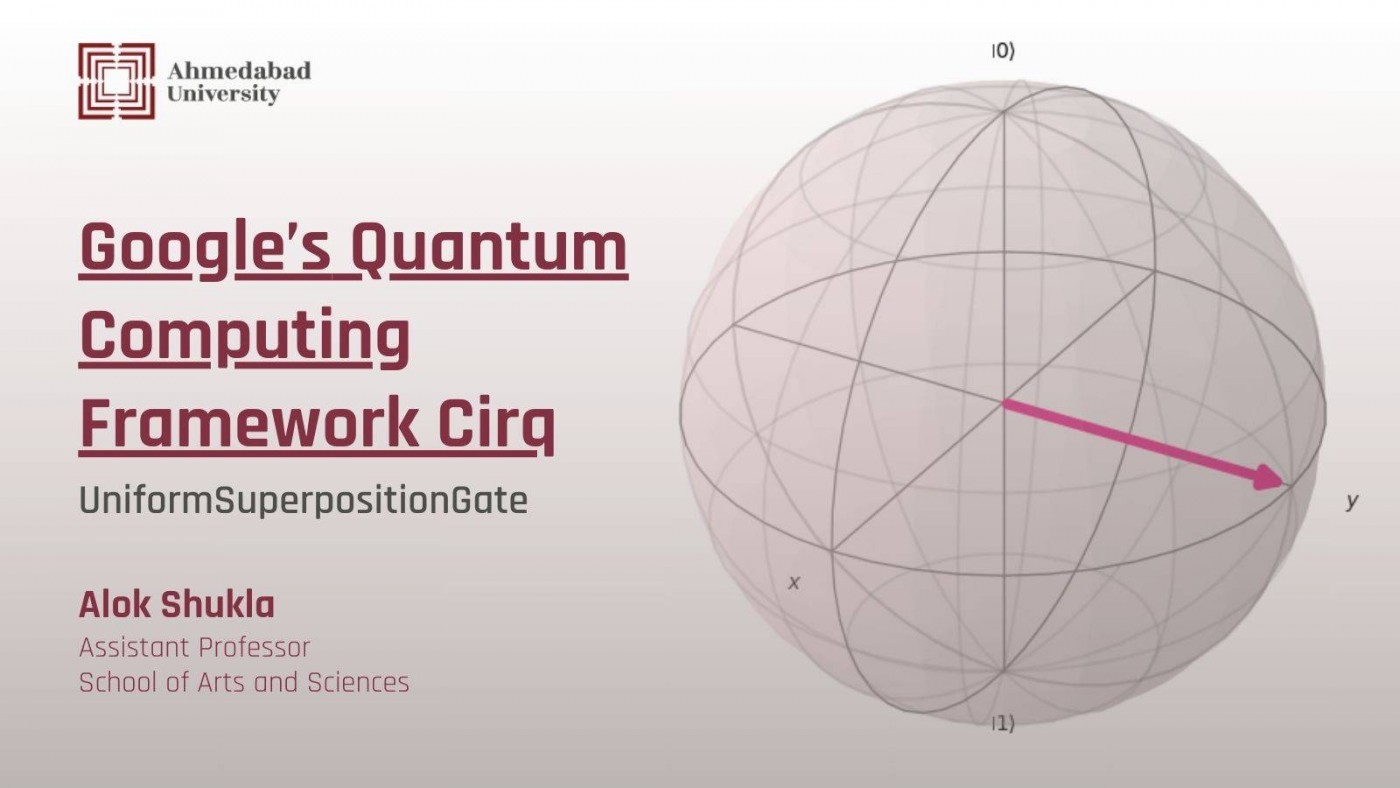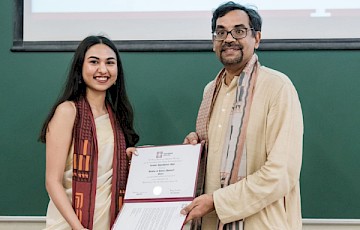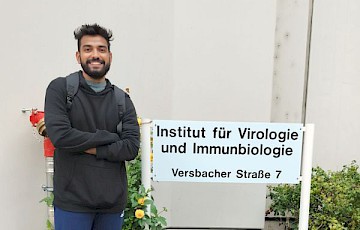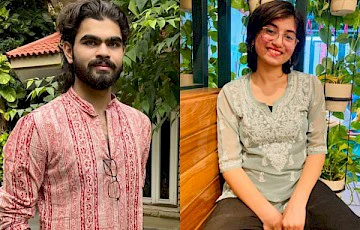22 June 2024
Ahmedabad University Professor’s Work Included in Google's Quantum Computing Framework Cirq

Google’s quantum computing framework, Cirq, has recently included a new gate called the UniformSuperpositionGate, which signifies advancement in the framework’s capabilities. Emerging from research by Alok Shukla, Assistant Professor at the School of Arts and Sciences at Ahmedabad University, and Prakash Vedula, Professor at the University of Oklahoma, the gate is based on their algorithm for efficiently preparing uniform quantum superposition states.
Since the creation of superposition states is the first step in many important quantum algorithms, the UniformSuperpositionGate could become a fundamental component in numerous quantum circuits. The professors’ research titled, “An efficient quantum algorithm for preparation of uniform quantum superposition states,” (Quantum Information Processing, 23, 38 (2024). DOI: https://doi.org/10.1007/s11128-024-04258-4, arXiv: https://arxiv.org/pdf/2306.11747.pdf)
addresses the problem of preparation of a uniform superposition state of the form

where M denotes the number of distinct computational basis states that are in superposition and 2 ≤ M ≤ 2^n.
The research shows that the superposition state |Ψ⟩ can be efficiently prepared with a gate complexity and circuit depth of only O(log2M) for all M. The proposed approach requires a minimal number of qubits (n = ⌈log2M⌉) and does not require use of any ancilla qubits or any quantum gates with multiple controls, thereby demonstrating an exponential reduction in gate complexity as compared to other existing deterministic approaches that use ancilla qubits. It can also create a class of nonuniform superposition states by adjusting the parameters in the same quantum circuit, making it a versatile tool for quantum computing.



